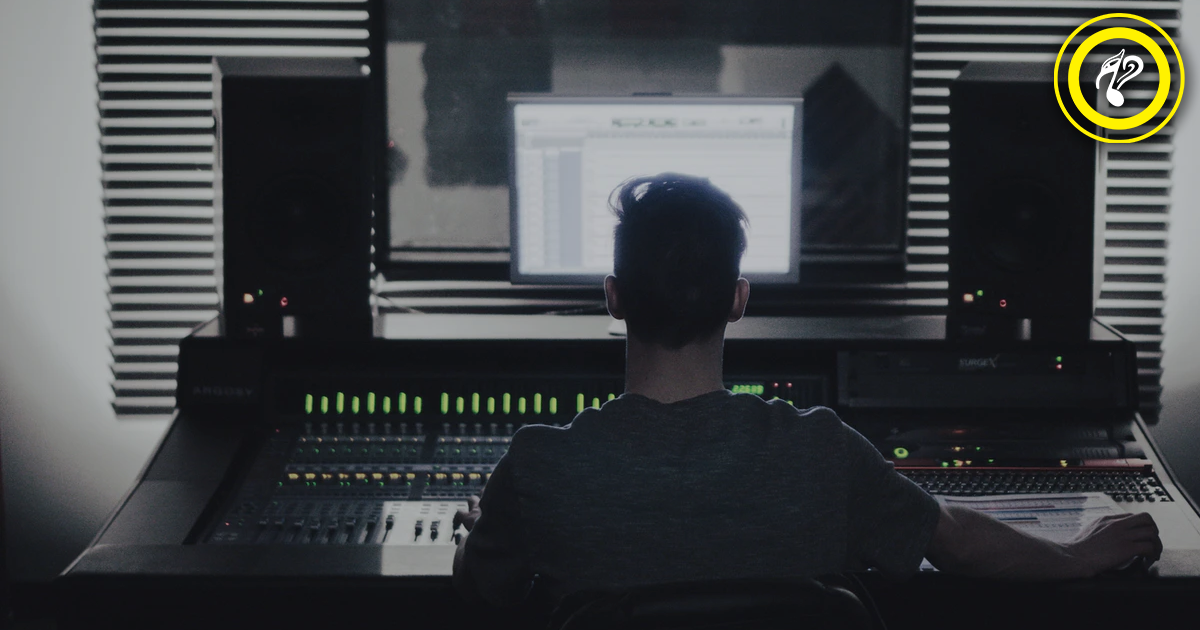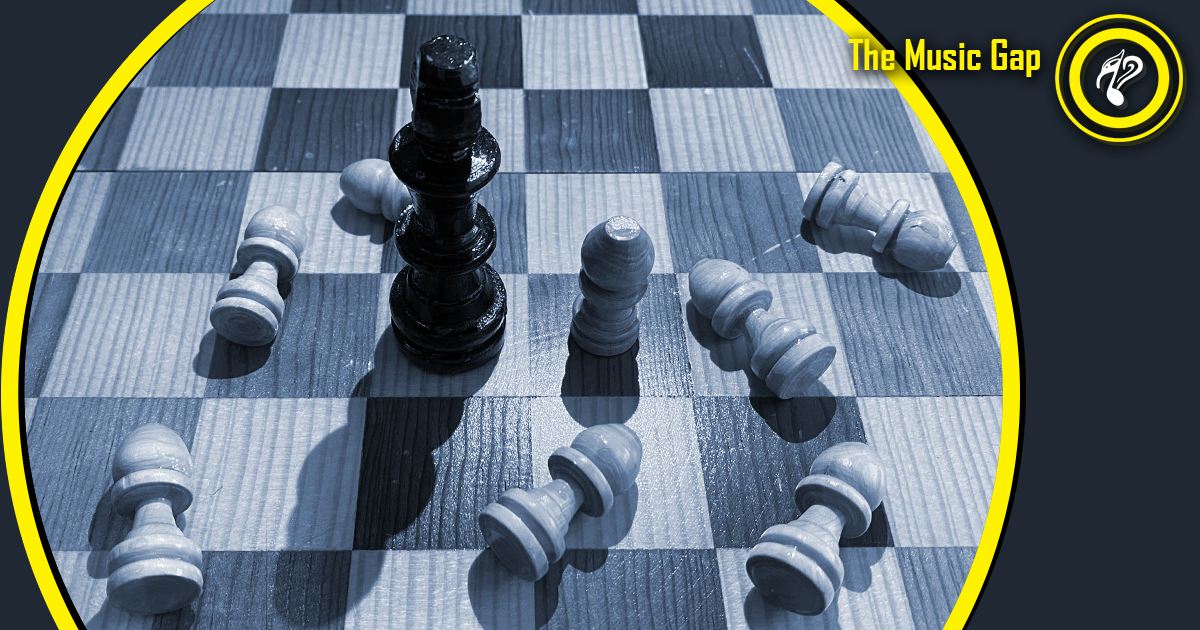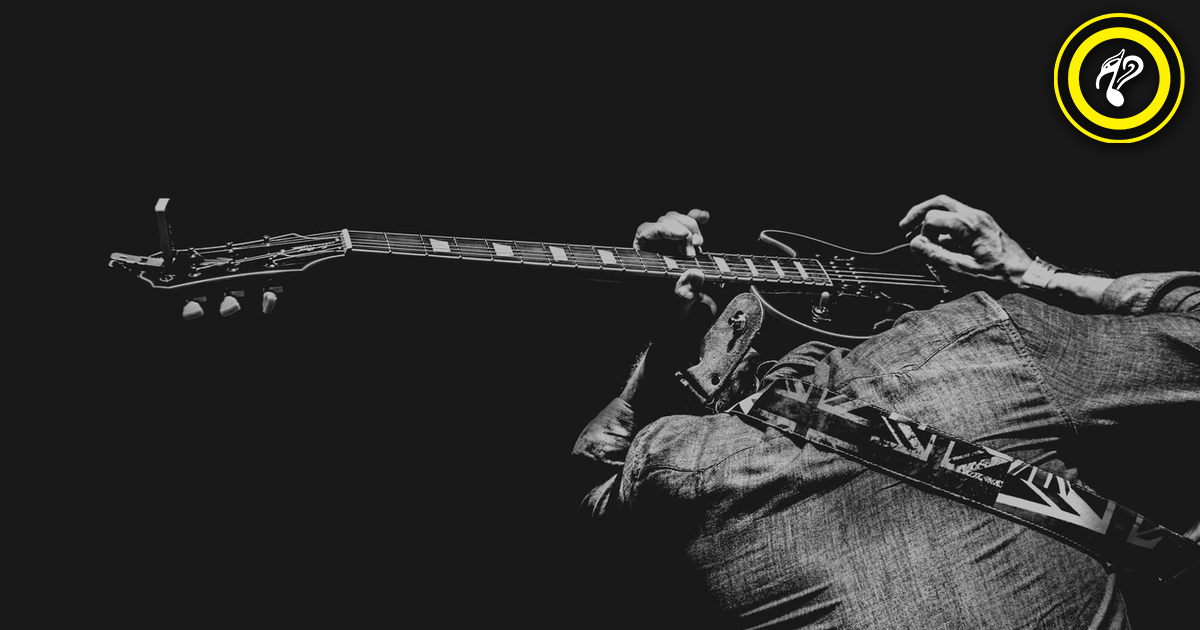Music video games

Videogames are portals to new worlds, tickets to new experiences, with them we can experience different lives, travel the world, defeat the evil or our buddies in a Formula 1 race, and have endless adventures that we probably couldn't in real life. They motivate us to think outside of the box, to ask ourselves new questions about our surroundings, change our perspective when looking at things in our environment such as nature, people or animals. Some even pique our interest in things that we thought as common, this is the case with music.
If you have the ability to listen, surely you’ve heard thousands of sounds in your life: the morning sing of the birds, that horn the cars use in a traffic jam, your parent’s or teacher’s voice, that bell that tells you when your bread is out of the toaster, or even the sound of the food in the microwave. Did you remember every sound while reading this paragraph? That’s because the sounds in our memory aren’t just auditory information, they are accompanied by the experience when listening to them, the smell, taste, texture, and actions that preceded or happened around the time we heard them.
Ting!
Music is defined as a set of sounds ordered in succession, these are aesthetic or expressive (which we can appreciate or interpret) and are pleasant to the listener's ear. If the everyday sounds we described above evoked sensations and feelings from your memories, it’s safe to say that music will have a similar effect.
You probably don't remember the first song you heard in your life, but you can certainly remember some of your preschool's tunes, the most popular song when you went on a holiday trip, the traditional music from a specific place, or the rhythms you first danced to (or sang, maybe). These songs inside your memories evoke personal experiences you had when listening to them, such as people, places, situations and sensations.
If you’re interested in these mental processes, we discuss more in-detail about how the brain works when listening to music in our article "Musical Paralysis" .
Now, sounds and music (set of sounds) evoke emotions based on experience, and video games give us new experiences, so of course someone would have the great idea to combine these two and create music games.
Unlike any other video game, a music game’s playability (gameplay) leans more towards the player’s interactions with music. Hearing plays an important part in the experience so much that if you mute the game, you’ll ask yourself "Why am I playing this?" sooner or later. At the same time, music alone isn’t the only reason these kinds of games are played.
But wait… If all games have music, why aren't they music games?
Music in video games is usually linear and is intended to enhance the player’s experience, much like music in other audiovisual media such as movies. An example of this is all the soundtracks (OST: original soundtrack) of the most popular video games, which make-up their own musical genre (video game music), sell albums, tour and win prizes in the music industry.
At the same time, there are games that experiment with dynamic music according to the player's context, as in Overwatch where the audio designers created situational music to help the player understand and obtain information from sounds while playing. The music changes with each important event in the gaming session and the user can subconsciously identify and rethink their strategy or make different decisions.
Even though this game has a good sound design, it’s not a music video game.
On the other hand, there are audio games, whose experience is based solely on the ear canal and lack a graphical interface or have simple visual controls. Two examples of this are the MindSight game which is an interactive story and doesn’t necessarily include music, or the Music Mash game, in addition to being an audio game, because it doesn’t need the graphical interface to be played, it’s also a music game because the gameplay is focused on music.
When it comes to game design, the main idea of a music video game is for the gameplay to support the music, not the other way around. This way, music becomes an essential part of the gameplay design and creates a strong relationship between these two, which translates into a new experience for the player.
You can’t just add music to a game and call it a music game, the level design must be based on the music and the gameplay agreed upon for that game, so everything has the same importance when creating each level for a music game.
There’re a lot of ways in which the gameplay can support the music, such as providing the moment to perform certain actions based on the rhythm of a song, simulating that the song is played on an instrument or interactive medium, creating new melodies from the player's actions, etc.
This gameplay support to music is diverse and vast, since there are no defined rules for the way they support each other, the development of video games varies so much that practically any way of intertwining music and games that we can think of is possible, being imagination and the current technology our only limits.
In the game Music Puzzle: City Builder the main mechanic is to stack blocks in a tower to the rhythm of the music, so it’s essential to listen to the song playing in order to identify the precise moment in which to stack each block. For this game, music provides emotions for the player, since its catalogue is based on the most popular songs of various musical genres and each player chooses their favorite songs to customize their experience; in turn, the music provides the tempo in which the blocks to be stacked move, this becomes a reference that supports visual feedback. By eliminating the audio it can become difficult to identify the exact moment when the blocks should be placed. This is an example of how gameplay is tied directly to music.
Another example of a popular game music would be Guitar Hero, of course you can play it without music, but it beats its purpose entirely. You’re supposed to feel as though you’re the musician playing the songs you’re listening to by pressing the matching buttons running down the screen at the time. If you can’t listen to the music, even you press each button at the given moment, you won’t have the same experience as you’re cancelling the audio canal, which in these types of games, is the one responsible of delivering the experiences, sensations and is the key factor to create great memories about playing this game.
In our next article “Music video game types” we’ll explore the various ways of connecting gameplay and music by defining types of music video games based on existing ones. For now we are left with the idea that, for a game to be considered a music video game, the fundamental characteristic is that both gameplay and music must be equally connected.
Some games appear to be music games but they are not. For example, we have SongPop which is a music-themed trivia game, but the gameplay isn’t based on music. Another example is the game Linea, which is a runner with bitpop music, but it’s not considered a music game since the level design is not directly related to the music. Finally there’s the game Blind, which is an audio-supported game with simple graphics; Although its main gameplay is based on listening, it relies on all types of audio and not only on interacting with music.
SongPop
Linea VR
Blind
Music video games are usually about feeling, seeing isn’t enough, and of course, the essential part is listening, but by combining all, we help the player to feel and to experience new things with the stimuli that the game provides. In reality, all games can be felt, however, music video games open a new range of experiences and require the user to interpret the stimuli to know how to react or what actions to take to achieve the game’s objective .
Every time you remember crying over the melancholy of a premature and impossible love in Titanic, the adrenaline rush of underground racing in Fast and Furious, the synchronization of your mind and body to the tempo of the music in a dance game like Let's Dance, or overcoming all obstacles crossing the cyberpunk universe in Music Puzzle: Slice Elite before going to dinner, your brain is ready to link all those songs to the experiences that these kinds of video games offer.
Music video games improve the listening experience of each musical composition, it’s not something you just listen to, you interact with it too, so this is a whole new world to discover for every music lover, and a brand new dimension in the video game universe for gamers.
What music video games do you know off? Tell us about it!



